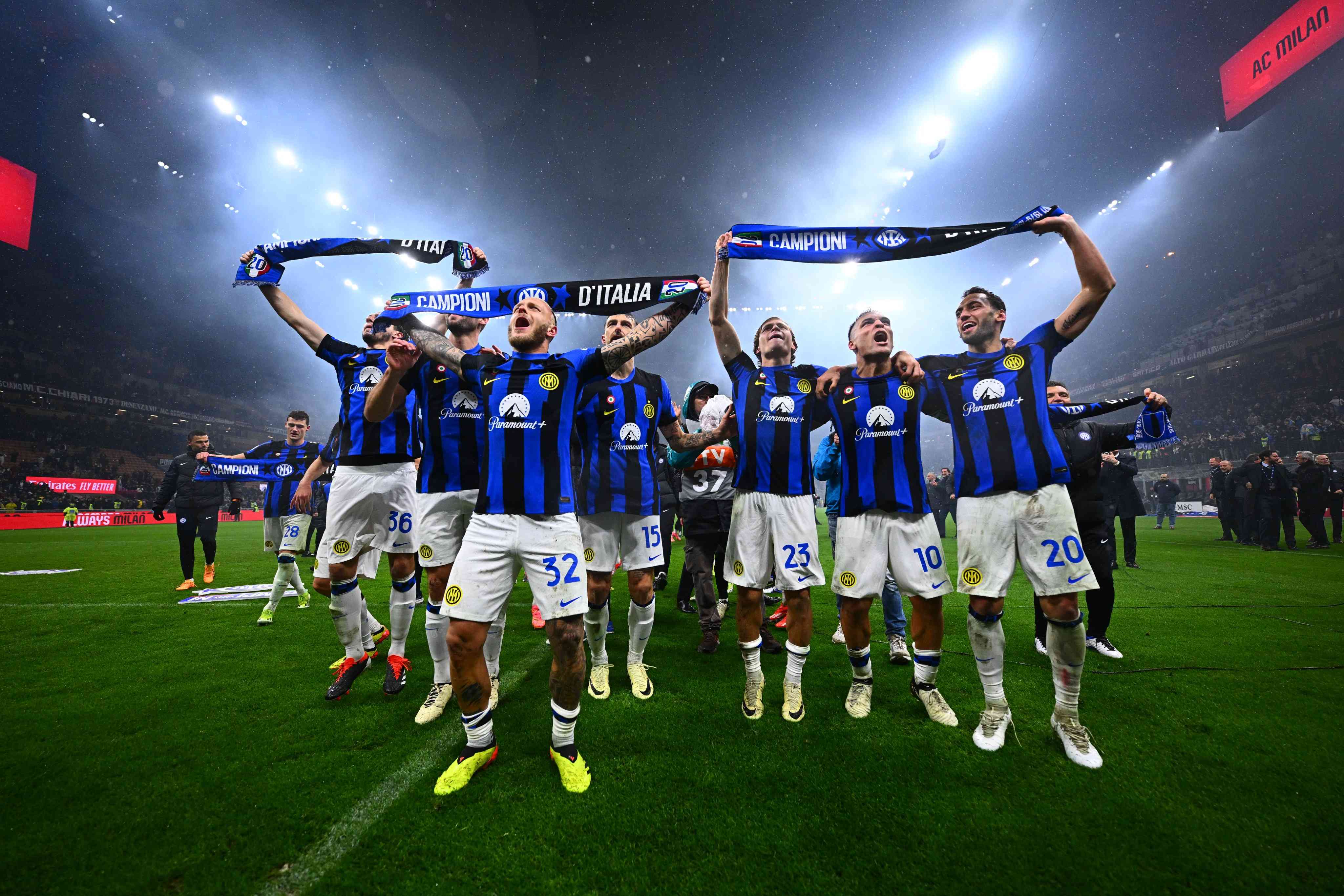The World Cup will be in Qatar in eight years, though some human rights activists and soccer officials have been calling for a re-vote on the 2022 host; if that takes place, Qatar would likely lose the Cup due to charges of greasing the palms of FIFA officials as well as the country’s human rights problems.
But why did journalists not attack Russia with the same daggers eight or nine years ahead of its World Cup set for 2018? One reason may be that the Russian regime doesn’t really care when the world points out its human rights horrors. Moscow typically does little to nothing.
Qatar, however, is responsive, and it often makes important changes to the treatment of its residents and citizens when a major government, NGO, or news organisation points out flaws in its human rights record.
Following reports of poor conditions of foreign labourers in Qatar by multiple news organisations, a Guardian editorial in February noted that, “In response to growing concerns, the Qataris have issued new guidelines to contractors in a bid to improve the working conditions of labourers.” A May headline in The Guardian declared, “Qatar promises to reform labour laws after outcry over ‘World Cup slaves.’”
In 2013, Qatar hired international firm DLA Piper to produce a report with recommendations on its labour rights record. In June, Qatar was upbraided by the US State Department’s annual “Trafficking in Persons” report for inadequate safeguards against human trafficking, and I wouldn’t be surprised if Qatar takes action in an attempt to better next year’s assessment. Many Qataris are just as appalled by reports of human rights violations in their country as are other conscientious observers; many of the offences happen under the watch of European firms who employ legions of South Asian workers from Nepal, Sri Lanka, India, and elsewhere. Just as most Americans were unaware of the decades-long and widespread negligence at Veterans Affairs hospitals across their country, Qataris often learn about problems in their state when a news organisation exposes them. The Qatar government is blacklisting companies i that do not pay labourers on time, largely the result of worker protests and news reports thereof.
News coverage of human rights in Qatar almost always mentions both the country and the World Cup prominently in the story, if not in the very headline or lede. News coverage of, and much NGO attention to, human rights in Qatar are driven by soccer (an internationally worded antecedent could also be the less noble “Football Envy.”)
Without its World Cup and the microscopes it attracts, Qatar would have less pressure over the next decade to improve civil liberties and basic human rights. — Justin D Martin writes for The New Republic in Israel
 The Standard Group Plc is a multi-media organization with investments in media
platforms spanning newspaper print operations, television, radio broadcasting,
digital and online services. The Standard Group is recognized as a leading
multi-media house in Kenya with a key influence in matters of national and
international interest.
The Standard Group Plc is a multi-media organization with investments in media
platforms spanning newspaper print operations, television, radio broadcasting,
digital and online services. The Standard Group is recognized as a leading
multi-media house in Kenya with a key influence in matters of national and
international interest.
 The Standard Group Plc is a multi-media organization with investments in media
platforms spanning newspaper print operations, television, radio broadcasting,
digital and online services. The Standard Group is recognized as a leading
multi-media house in Kenya with a key influence in matters of national and
international interest.
The Standard Group Plc is a multi-media organization with investments in media
platforms spanning newspaper print operations, television, radio broadcasting,
digital and online services. The Standard Group is recognized as a leading
multi-media house in Kenya with a key influence in matters of national and
international interest.









